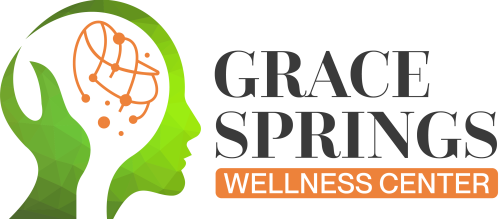Postpartum Depression Counseling
Understanding Postpartum Depression
Definition and Overview:
. Postpartum depression is a complex mix of physical, emotional, and behavioral changes that happen in some women after giving birth. It is a serious mood disorder that should be treated promptly.
. Differentiation from “Baby Blues”:
. It’s vital to distinguish between the “baby blues,” which affect up to 80% of mothers and typically resolve within two weeks, and PPD, which is more severe and enduring.
Symptoms of Postpartum Depression
. Common symptoms include, but are not limited to:
. Persistent sadness, hopelessness, and emptiness.
. Severe mood swings and irritability.
. Difficulty bonding with the baby.
. Changes in appetite and sleep patterns.
. Loss of interest in activities previously enjoyed.
. Feelings of worthlessness, shame, guilt, or inadequacy.
. Thoughts of harming oneself or the baby.
Causes and Risk Factors
. A combination of physical, emotional, and lifestyle factors can contribute to PPD, including:
. Hormonal changes after childbirth.
. Emotional stressors, such as lack of support, relationship problems, or financial strain.
. A history of depression or mental health disorders.
. Complications in pregnancy or childbirth.
. A difficult or traumatic birth experience.
Conclusion and Resources
. Summarize the importance of recognizing PPD symptoms and seeking help early.
. Provide information on accessing counseling services, support groups, and healthcare providers specializing in PPD.
. Encourage partners, family members, and friends to be supportive, attentive, and understanding.

